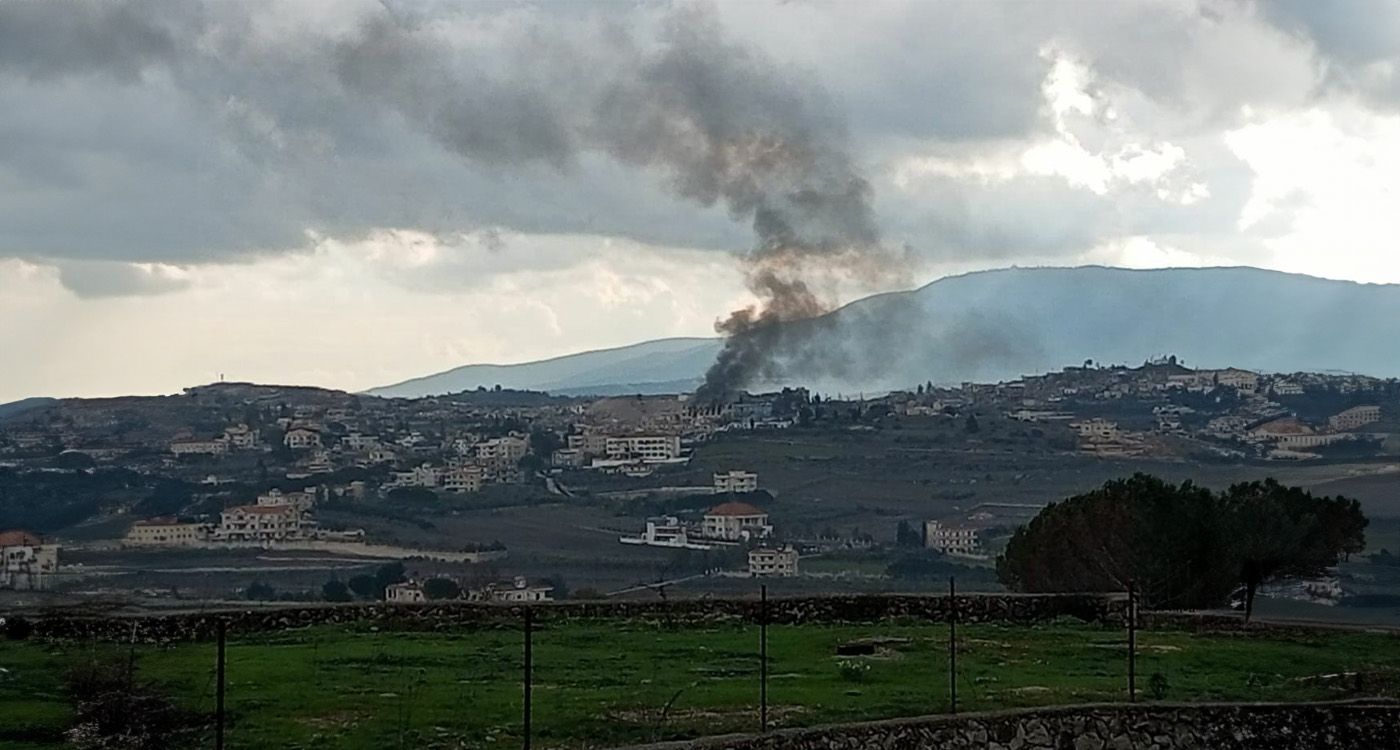
As the ceasefire agreement between Israel and Lebanon nears its expiration on Monday, January 27, Washington has called for an urgent extension, urging Lebanese authorities to consider a temporary and short-term prolongation. The call comes as Tel Aviv announced its intention to extend its military withdrawal from southern Lebanon beyond the 60-day period originally outlined in the truce agreement.
In a statement to Al Arabiya English on Friday, Brian Hughes, spokesperson for the US National Security Council, emphasized the urgent need for an extension. He noted, “A temporary, short-term extension of the ceasefire is crucial to ensure that Hezbollah does not pose a threat to the Lebanese people or their neighbors.” Hughes also confirmed that the US is working with its allies to finalize the terms of the extension.
President Donald Trump, according to Hughes, remains committed to the safe return of Israeli citizens to northern Israel and is also offering support to Lebanese President Joseph Aoun and the newly formed Lebanese government. Hughes expressed approval that Israeli forces had already begun withdrawing from the central sector of southern Lebanon, in line with the ceasefire agreement.
However, earlier on Friday, Israeli Prime Minister Benjamin Netanyahu's office confirmed that the Israeli military would extend its withdrawal beyond the original 60-day deadline, citing Lebanon's failure to fully implement the terms of the ceasefire agreement. This announcement followed Tel Aviv’s assertion that the Lebanese government had not met its obligations, particularly regarding Hezbollah’s withdrawal from southern Lebanon.
Under the terms of the ceasefire, Lebanese forces were to deploy alongside UN peacekeepers in southern Lebanon, as Israeli forces began their phased pullback. While Israel has evacuated the coastal areas, it continues to maintain a presence in more easterly regions of the country.
In response, Netanyahu’s office explained that the phased withdrawal would continue in consultation with the US, noting that one of the key stipulations of the agreement—Lebanese Army deployment in southern Lebanon—has not been fully met. The statement also reiterated that Hezbollah must vacate areas north of the Litani River, a requirement that has yet to be fulfilled.
In a press briefing, Hughes further clarified that the US continues to monitor the situation and support both Israeli and Lebanese efforts to ensure the safety and security of their citizens. He specifically highlighted the importance of preventing any further instability in the region, which remains on edge after more than two months of intense conflict.
Meanwhile, Lebanon's President Joseph Aoun had previously called for Israel to adhere to the original terms of the ceasefire, demanding a complete withdrawal of Israeli forces by the agreed-upon deadline. He also condemned continued Israeli violations, including air and ground operations, which have exacerbated tensions along the border. In particular, President Aoun denounced Israel’s demolition of homes and destruction of border villages, actions he believes violate the spirit of the ceasefire agreement.
Hezbollah, for its part, has warned that any Israeli failure to meet the January 27 deadline would constitute a “blatant violation” of the ceasefire terms. The militant group has urged the Lebanese government to take “all necessary measures” to enforce the agreement. While Hezbollah has refrained from escalating its military operations, it has pointed to Israeli actions, including airstrikes and ground operations, as violations that should not go unaddressed.
On January 22, Israeli forces conducted additional raids in southern Lebanon, targeting Hezbollah positions and military infrastructure. The Israeli Defense Forces (IDF) spokesperson reported a series of airstrikes aimed at neutralizing threats and destroying Hezbollah weapon depots and observation posts. However, the specifics of the locations targeted were not disclosed.
As the ceasefire deadline approaches, the situation in southern Lebanon remains precarious. The United States, Israel, and Lebanon are all navigating a delicate balance between upholding the terms of the ceasefire and ensuring long-term stability in the region. With Israel's military withdrawal ongoing and Lebanon's political landscape in flux, the next steps will be crucial in determining whether peace can be sustained or if further escalation looms.



Comments